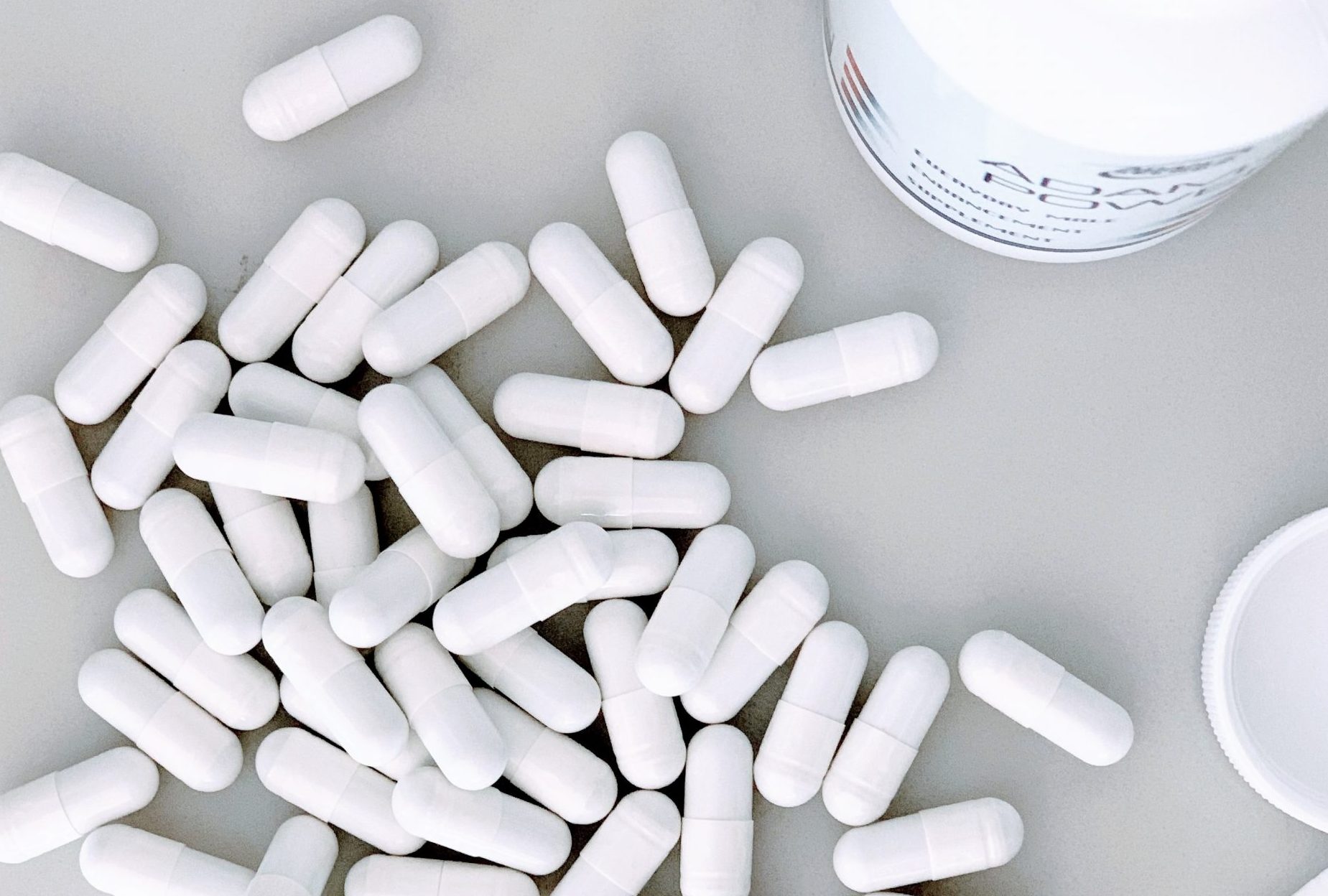If you have ADHD, you may have doubted your need for the daily Adderall, Ritalin, Vyvanse or Concerta at least once. If popping pills is all you know, the self-improvement craze mixed with study drug culture can make life a living hell.
The clinically depressed are told to forgo medication for a nightly jog or TED Talk. People with OCD and bipolar disorder are ensured that, “Everyone’s like that sometimes.” Skepticism and self-evaluation are undeniably healthy and, at some level, crucial. There comes a point however, when your dismissive suffering functions only to feed your shame of giving in to Big Pharma without helping you to “transcend reality.”
Whether you medicate or choose not to — due to possible Catholic guilt leftover from childhood — a little internet self-help can never hurt. Research shows that for the most common mental health disorders, therapy is at least as effective as taking medication and sometimes more effective. For more serious cases, the most success often comes from a combination of both. Supplementing with some personal development can be really helpful and provide an alternative solution if professional help isn’t feasible. That being said, the TED Talk might help your momentary or mild symptoms of depression, anxiety, ADHD, etc. but is probably just not enough to treat something moderate to severe.
No matter the case, you’ll never have an “ideal brain” because there is no such thing. The concept changes over time with scientific advances, societal norms and evolving lifestyles, and although we’ve moved past diagnosing “homosexuality” and “hysteria,” psychology is still debated from every angle from spirituality to neuroplasticity.
To complicate things even more, the pharmaceutical industry appears more sinister by the day. The over-prescribing of amphetamines (first as diet pills then for ADHD) and the opioid epidemic illustrates our proclivity toward opting to settle for the bottom line and taking pills to solve our problems. Seeing a psychiatrist might seem like a one-stop shop for living the good life. In reality, it can take months or even years to find a medication or dose that does anything to help you. Even then, they might cause you to gloss over personal problems that might require a fix separate from a higher dose in six months.
The recent obsession with self-optimization and the monetization of performance enhancing “smart drugs” blurs the line even more between the constructive and destructive use of pharmaceuticals. If you keep self-optimization defined solely by measurable success and ignore foreseeable consequences, it’s probably just going to do more harm than good in the long run.
It’s hard sometimes, especially after powering through and occasionally winning battles for so long, to know when to accept help. Being raised to be strong and avoid showing weaknesses can make this realization even harder. The best answer for these problems is often to take an active approach in figuring out what works best for you as a holistic human being rather than a cog in the system.
A good place to start can be by doing some homework and not just finding but really working with a professional. A psychiatrist can seem like a one-stop shop, but doing as little as keeping a journal, solidifying your daily routine and doing your own research on the drugs you take or plan on taking can all make a positive impact. While every YouTuber has different advice on how to live your “best life,” it’s actually proven that after 21 days writing down three things you’re grateful for each day can make real improvements in one’s depression, sleeping problems, self-esteem and mental health in general. The same goes for maintaining healthy relationships.
Exercise, self-care and “lifesaving advice” might not work as a whole solution, but they can still make a difference, occasionally, all the difference. Conflicting messages aside, the most important thing you can do is to look out for yourself before your Instagram, physical appearance, social life or GPA.
For some of us, it will always be hard to self-motivate, focus or even get out of bed. This being said, sustaining mental health requires more than daily pills, and it isn’t as easy or profitable as a Fit Tea or self-help course. We all define our own goals either knowingly or unknowingly, but we don’t get to define our true limitations. Fortunately, neither of these things define who we are.
















